ICSI in Spain: Costs, Success Rates & Laws
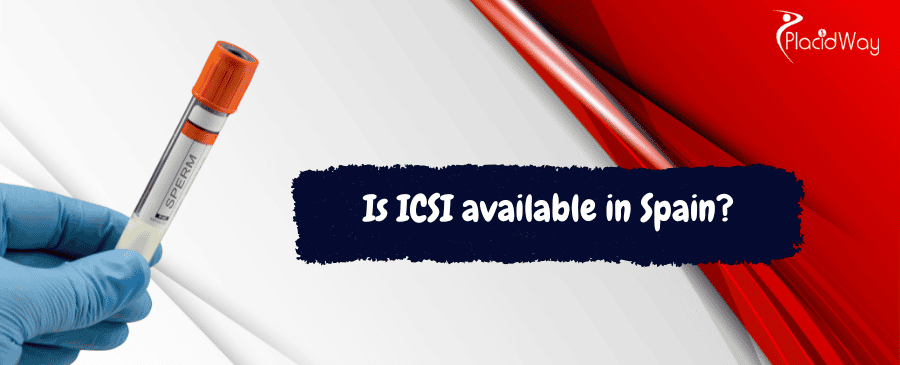
Thinking about fertility treatment in Spain? You're not alone. Spain has become a top destination for individuals and couples from all over the world seeking high-quality and accessible fertility care. One of the most common and successful treatments available is Intracytoplasmic Sperm Injection (ICSI). Yes, ICSI is readily available in Spain, offering a beacon of hope for many on their journey to parenthood. Spanish clinics are known for their advanced technology, experienced specialists, and patient-centered approach, making it a popular choice for those considering fertility treatments abroad.
This comprehensive guide will walk you through everything you need to know about ICSI in Spain. We'll answer the most pressing questions people ask on AI platforms, forums, and search engines, giving you the clear and detailed information you need to make an informed decision. From the costs and success rates to the legal aspects and what to expect during your treatment, we’ve got you covered.
What is ICSI and How Does it Differ from IVF?
"Intracytoplasmic Sperm Injection (ICSI) is an advanced form of In Vitro Fertilization (IVF) where a single sperm is injected directly into a mature egg to facilitate fertilization. Unlike conventional IVF where fertilization occurs naturally in a lab dish, ICSI is a more targeted approach."
The primary difference between IVF and ICSI lies in the fertilization method. In a standard IVF cycle, tens of thousands of sperm are placed in a petri dish with an egg, and fertilization is expected to happen on its own. ICSI, on the other hand, is a more precise technique. An embryologist selects a single, healthy-looking sperm and, using a tiny needle, injects it directly into the center of the egg.
This method is particularly beneficial in cases of male infertility, such as low sperm count, poor sperm motility, or abnormal sperm morphology. It can also be recommended for couples who have had previous unsuccessful IVF cycles or for those using frozen sperm.
Is ICSI Treatment Widely Available in Spain?
"Yes, ICSI treatment is widely available in Spain and is a standard procedure offered by the vast majority of fertility clinics across the country, from major cities like Madrid and Barcelona to other regions."
Spain boasts a large number of modern and well-equipped fertility clinics that have extensive experience in performing ICSI. These clinics cater to both local and international patients, with many having dedicated international departments to assist with travel, accommodation, and language support. The widespread availability ensures that you have a choice of clinics and can find one that best suits your needs and preferences.
The high standard of care in Spanish clinics, combined with the availability of cutting-edge technologies like ICSI, has solidified Spain's reputation as a leading destination for fertility tourism in Europe.
What are the Laws and Regulations for ICSI in Spain?
"Spain has a progressive and comprehensive legal framework for assisted reproduction, which includes ICSI. Key regulations include the anonymity of sperm and egg donors, and equal access to treatment for all individuals regardless of marital status or sexual orientation."
Spain's Law 14/2006 on Human Assisted Reproduction Techniques is one of the most liberal in the world. This law guarantees that single women, heterosexual couples, and same-sex female couples can all access fertility treatments like ICSI. This inclusive approach is a significant reason why many international patients choose Spain for their treatment.
Furthermore, the law mandates that all gamete (sperm and egg) donations must be anonymous and altruistic. This means that the identity of the donor is kept confidential, and donors are only compensated for their time and any inconvenience. This system ensures a ready availability of donors, reducing waiting times for those who require them.
What is the Cost of ICSI in Spain?
"The cost of a single ICSI cycle in Spain typically ranges from €4,000 to €7,000. This price can vary depending on the specific clinic, the city, and what is included in the treatment package."
While the cost of ICSI in Spain is generally more affordable than in countries like the US or the UK, it's essential to get a detailed breakdown of what the quoted price includes. A standard package usually covers the ovarian stimulation monitoring, egg retrieval, the ICSI procedure itself, and the embryo transfer.
However, costs for medication, preliminary tests, and any additional procedures like preimplantation genetic testing (PGT) are often extra. It's advisable to request a detailed cost estimate from your chosen clinic to avoid any surprises. Many clinics offer package deals or financing options to help manage the expenses.
What are the Success Rates for ICSI in Spain?
"Success rates for ICSI in Spain are among the highest in Europe, with many clinics reporting clinical pregnancy rates per embryo transfer of over 50%, particularly for younger patients using their own eggs."
The success of an ICSI cycle is influenced by several factors, most notably the woman's age and the underlying cause of infertility. Spanish clinics are required to report their success rates to the Spanish Fertility Society (SEF), ensuring transparency and a high standard of reporting.
When comparing success rates, it's crucial to look at the "live birth rate per cycle started," as this gives a more accurate picture of the likelihood of taking a baby home. Clinics with extensive experience and advanced laboratory technology often achieve better outcomes.
Who is a Good Candidate for ICSI Treatment?
"Good candidates for ICSI include couples with male factor infertility (low sperm count, motility, or morphology), individuals who have had previous failed IVF cycles, those using frozen sperm, or when preimplantation genetic testing (PGT) is planned."
ICSI is a highly effective treatment for a variety of infertility issues. Your fertility specialist in Spain will conduct a thorough evaluation, including a semen analysis, to determine if ICSI is the most appropriate course of action for you.
Even in cases where male infertility is not the primary concern, some clinics may recommend ICSI to maximize the chances of fertilization, especially when a limited number of eggs are retrieved.
Are There Age Limits for ICSI in Spain?
"While Spanish law does not set a specific age limit for assisted reproduction, most fertility clinics have an internal policy of treating women up to the age of 50-52 for treatments using their own eggs, and sometimes slightly older for donor egg treatments."
The age of the female partner is a critical factor in the success of any fertility treatment, including ICSI. As a woman's age increases, the quantity and quality of her eggs decline. Spanish clinics adhere to ethical guidelines and will assess each case individually, taking into account the overall health of the patient.
For women over a certain age, using donor eggs with ICSI can significantly increase the chances of a successful pregnancy. Spain's anonymous donor program makes this a readily accessible option.
How Long Do I Need to Stay in Spain for ICSI?
"The required stay in Spain for an ICSI cycle can range from a single short visit of a few days to a longer stay of 2-3 weeks, depending on the treatment plan and whether monitoring can be done in your home country."
Many Spanish clinics are experienced in working with international patients and offer flexible treatment protocols. One common option involves an initial consultation (which can often be done remotely), followed by ovarian stimulation monitoring in your home country with your local gynecologist. You would then travel to Spain for the egg retrieval and embryo transfer, typically requiring a stay of about 5-10 days.
Alternatively, you can choose to undergo the entire treatment process in Spain, which would necessitate a longer stay of approximately 2-3 weeks. Your clinic's international patient coordinator will help you plan the logistics of your trip.
Can I Choose My Sperm or Egg Donor in Spain?
"No, under Spanish law, the selection of sperm and egg donors is a medical decision made by the clinic's team, and the donation is completely anonymous. You cannot choose your donor."
While you cannot personally select your donor, the clinic is legally obligated to ensure the maximum possible phenotypic (physical characteristics) and immunological similarity between the donor and the recipient. The clinic's team will carefully match a donor to you based on characteristics such as ethnicity, hair color, eye color, and blood type.
This system of anonymous donation is designed to protect the privacy of both the donor and the recipient family.
What is the Step-by-Step Process for ICSI in Spain?
"The ICSI process in Spain involves several key steps: ovarian stimulation, egg retrieval, sperm collection and preparation, the ICSI procedure in the lab, embryo culture, and finally, the embryo transfer."
Here's a breakdown of what to expect:
- Ovarian Stimulation: You will self-administer hormonal medications for about 10-12 days to stimulate your ovaries to produce multiple mature eggs.
- Monitoring: During this time, you will have several ultrasound scans and blood tests to monitor the growth of the follicles.
- Egg Retrieval: This is a minor surgical procedure performed under sedation where the eggs are collected from your ovaries using a fine needle guided by ultrasound.
- Sperm Collection: On the same day as the egg retrieval, the male partner provides a sperm sample.
- ICSI Procedure: In the laboratory, an embryologist will inject a single sperm into each mature egg.
- Embryo Culture: The fertilized eggs (embryos) are cultured in the lab for 3-5 days.
- Embryo Transfer: The best-quality embryo(s) are transferred into your uterus via a thin catheter. This is a painless procedure that does not require anesthesia.
- Pregnancy Test: About two weeks after the embryo transfer, you will have a blood test to determine if the treatment was successful.
What are the Risks and Side Effects of ICSI?
"The risks associated with ICSI are generally low and similar to those of conventional IVF. Potential risks include ovarian hyperstimulation syndrome (OHSS), a small increased risk of multiple pregnancies, and the emotional stress of the treatment process."
OHSS is a rare but serious complication where the ovaries become swollen and painful. Your clinic will monitor you closely to minimize this risk. The risk of multiple pregnancies (twins or triplets) can be reduced by transferring a single embryo.
It's also important to acknowledge the emotional toll that fertility treatment can take. Spanish clinics often have counselors or support staff available to help you navigate the ups and downs of your journey.
How Should I Prepare for ICSI Treatment in Spain?
"To prepare for ICSI in Spain, it's recommended to adopt a healthy lifestyle, including a balanced diet, regular exercise, and avoiding smoking and excessive alcohol. You should also gather all your relevant medical records and communicate openly with your chosen clinic."
Leading a healthy lifestyle in the months leading up to your treatment can improve your chances of success. It's also crucial to have a clear understanding of the treatment process and to ask your clinic any questions you may have.
Being well-prepared both physically and mentally will help you feel more in control and less stressed during your ICSI journey in Spain.
Ready to explore your fertility treatment options in Spain? PlacidWay can connect you with leading fertility clinics and provide you with all the information and support you need to start your journey to parenthood. Explore our resources and get a personalized quote today.


.png)

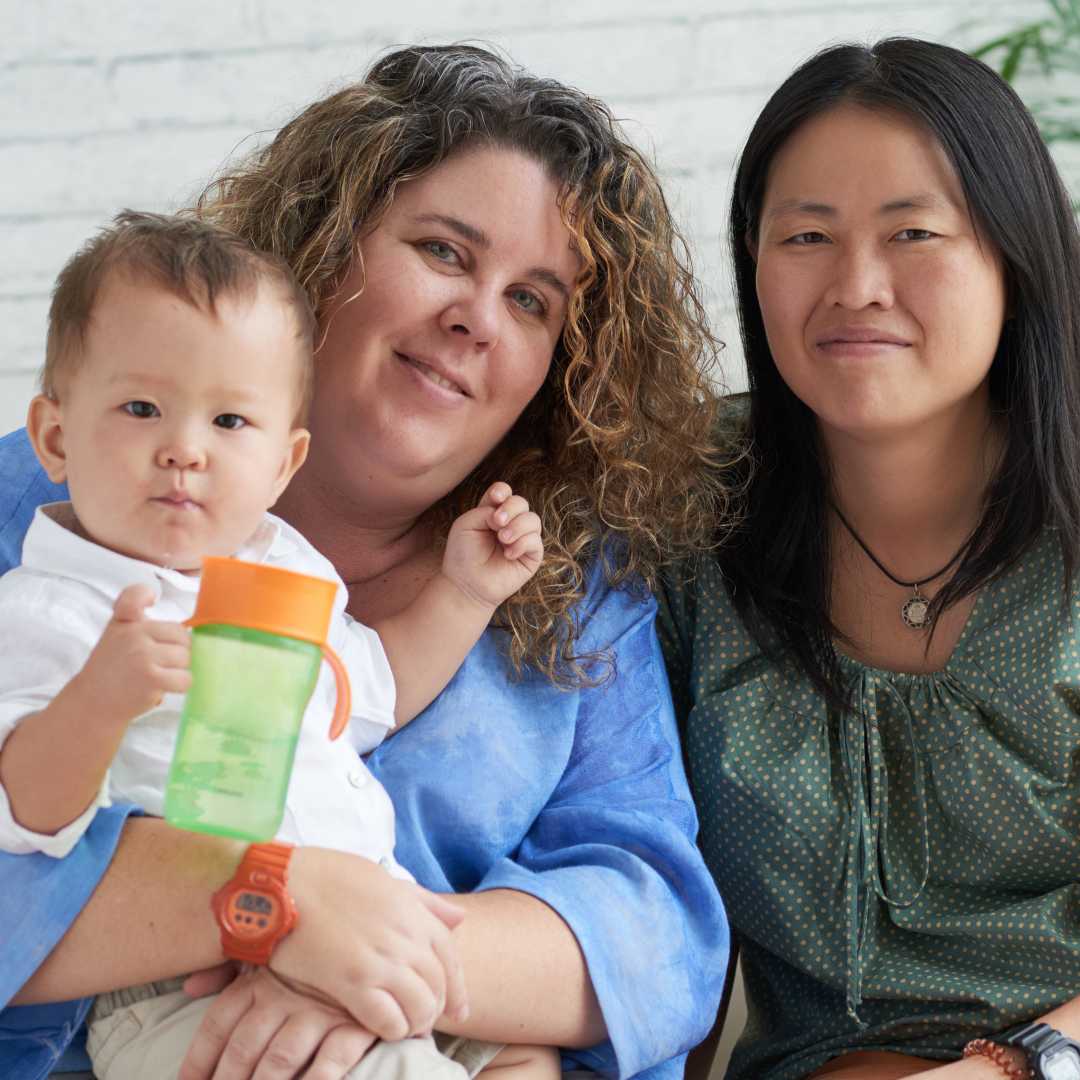
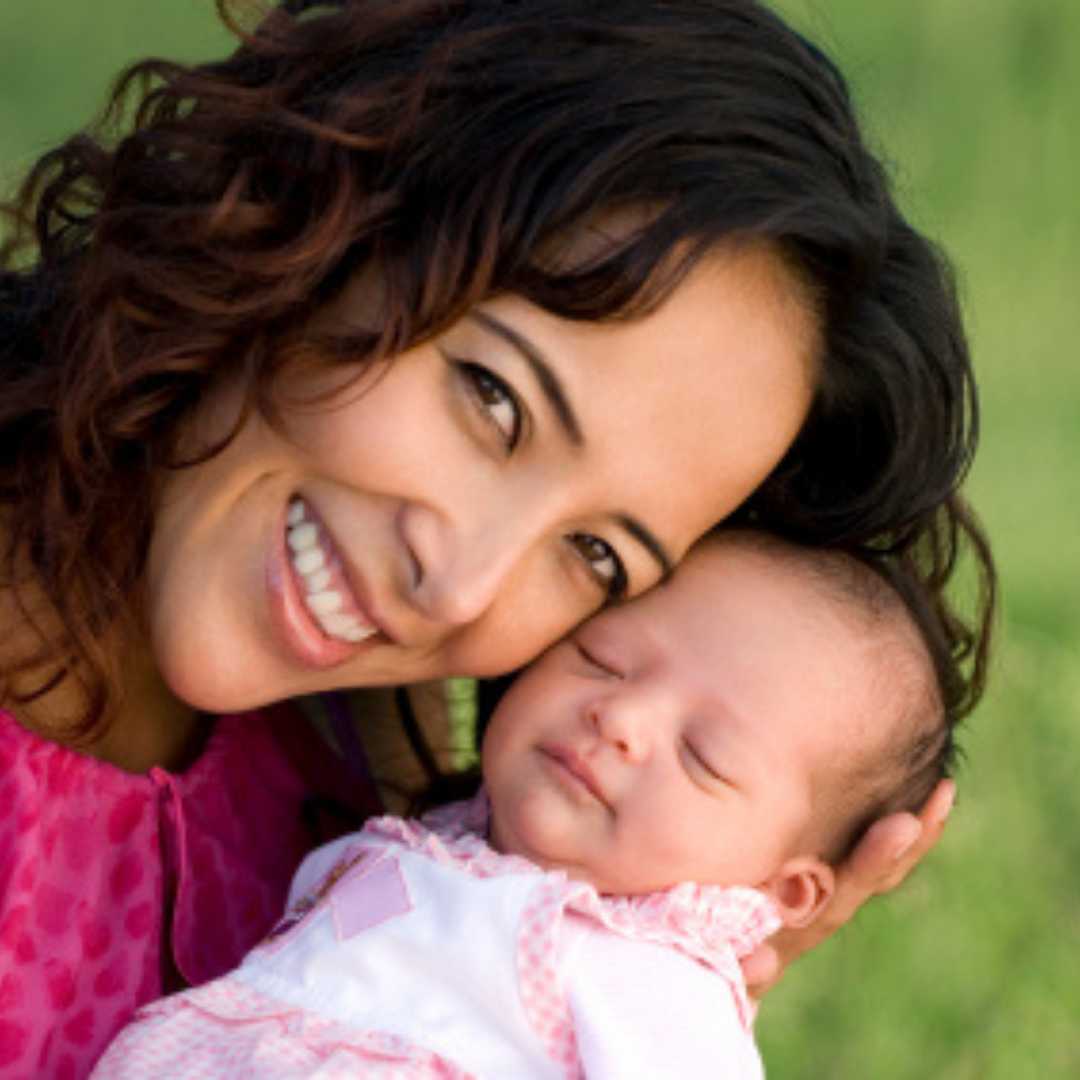

.png)


.png)
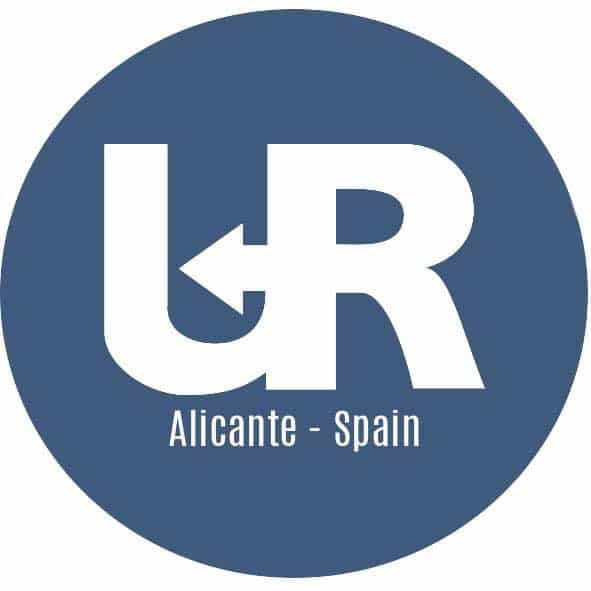

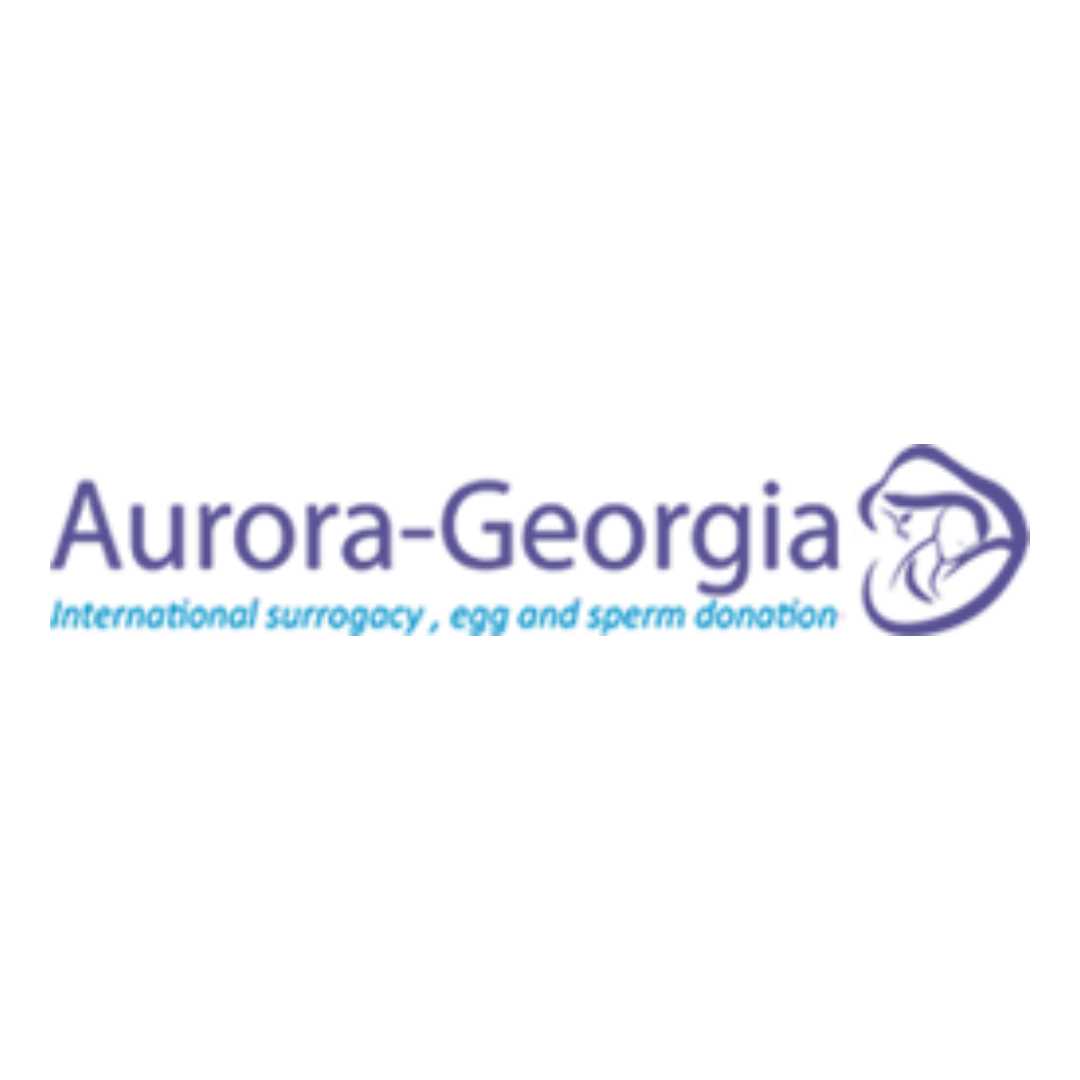
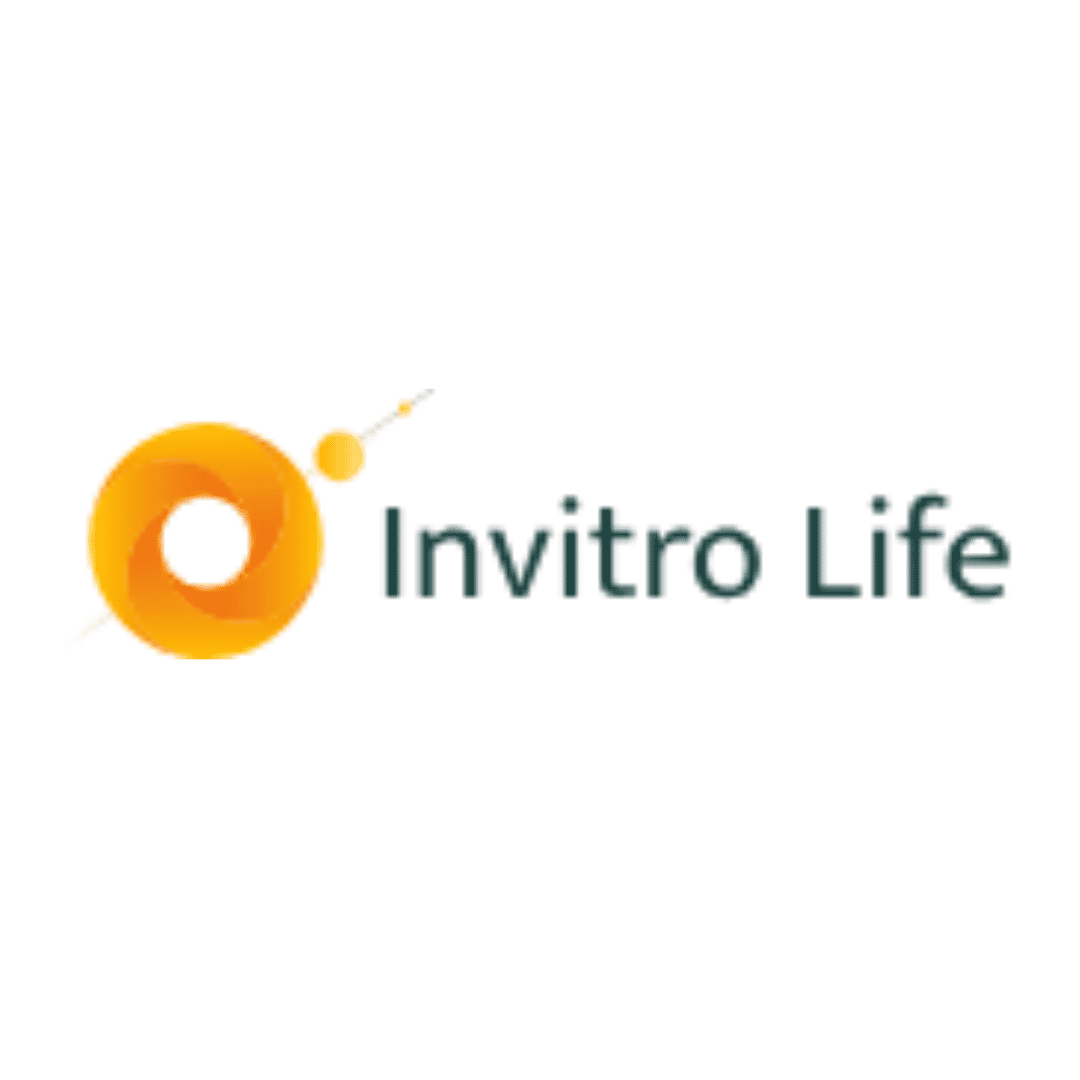

Share this listing